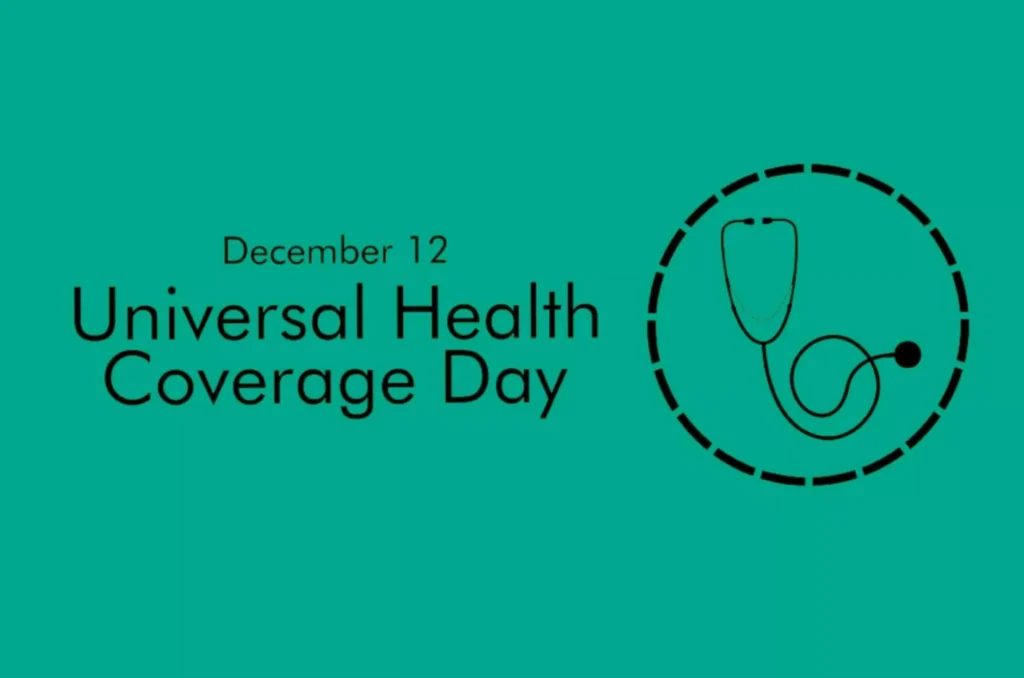
The pharmaceutical sector in Kazakhstan is undergoing a significant transformation with the introduction of medication labeling and serialization. This move is aimed at combating counterfeit drugs, enhancing transparency, and improving consumer safety.
In Almaty, a meeting was organized to update pharmacy owners and retail chain representatives on the current status of the implementation of new medication labeling and traceability requirements.
This meeting was not only informational but also served as a platform to address queries and understand the concerns of those directly impacted by these changes.
Attendees included key figures from the Ministry of Health’s Committee for Medical and Pharmaceutical Control, the Republican Center for Electronic Health, Kazakhtelecom JSC, the Social Insurance Fund, and the Public Health Department of Almaty. They were joined by leaders from major pharmacy chains and organizations.
During the meeting, D.A. Dauletbayev, Head of the Medical and Pharmaceutical Control Committee in Almaty, clarified that the new labeling and traceability system for medicines is designed to enhance the forecasting, purchasing, and life cycle monitoring processes. He emphasized the significance of the system in strengthening government oversight in the pharmaceutical sector.
With 1,581 pharmacies operating in Almaty, ensuring that each one understands and can effectively implement this system is critical.
M.I. Durmanova, the President of the Association for Support and Development of Pharmaceutical Activities, highlighted the government’s decree issued on October 21, 2023. This decree mandates that all medicines must be labeled by July 1, 2024.
Understanding the Need for Change
Kazakhstan, like many former Soviet republics, faces a significant challenge with counterfeit drugs, estimated at 10-12% of the market. The introduction of labeling and tracking systems is a strategic response to protect public health and streamline the pharmaceutical supply chain.
The Role of Kazakhtelecom JSC in Medication Serialization
Kazakhtelecom JSC, Kazakhstan’s largest telecommunications company, is spearheading the IS MPT (Information System for Marking and Traceability of Goods). Their responsibilities include generating marking codes, providing traceability, and developing mobile applications for both commercial market participants and consumers.

Key Dates and Milestones in the Kazakh Serialization Process
The rollout of the serialization process includes several critical stages:
- By July 1, 2024: Mandatory labeling of 100% of drugs.
- From July 1, 2024: Serialization of drugs purchased by a single distributor.
- From January 1, 2025: Prescription drugs (about 30%) must be traceable and labeled.
- From July 1, 2025: Serialization of non-prescription drugs (about 30%).
Marking Requirements and Consumer Interaction
Each product will be labeled with a DataMatrix code containing a 14-digit product code, a 13-character randomized serial number, and verification keys. This system allows consumers to verify the authenticity of their medications using mobile applications.
Kazakh Pharmaceutical Market Expected to Grow after Serialization
The implementation of this system is not just a regulatory requirement but an opportunity for businesses to increase productivity and market share. The Kazakh government expects a decrease in the shadow market by 50% by 2025, leading to significant revenue boosts both for the state and legal businesses.
Guidelines for Serialized Labeling for Retail Pharmacies
The mandatory digital labeling system is designed to ensure a transparent supply chain of medicines, facilitating quality control throughout the life cycle of these medicines. This will enable manufacturers and importers to monitor the supply chain effectively, anticipating and preventing drug shortages as well as the circulation of counterfeit drugs.
The serialization process begins with the retail pharmacy.
- Registration with the Information System (IS) Operator: The pharmacy registers with the IS operator’s system.
- Integration with the Accounting System of the IS Operator: The pharmacy integrates its accounting system with that of the IS Operator.
- Distributor Forms Act: The distributor forms an act of reception-transfer of goods and signs an electronic signature (ЭЦП – Электронная цифровая подпись, which translates to ‘electronic digital signature’).
- Pharmacy Confirms: The pharmacy confirms the act of reception-transfer of the electronic signature and accepts the marked goods from the distributor.
- Pharmacy Implements the Sale of Medicinal Products: The pharmacy carries out the sale of medicinal products to consumers.
- Pharmacy Organization Records the Sale of Medicines: The pharmacy organization records the sale of medicines through the cash register and with the help of a 2D scanner.

Kazakh Pharmacies Have Many Concerns Regarding Serialization
During the meeting, the main focus was on addressing the challenges associated with the introduction of medicine labeling and finding solutions. Pharmacy staff raised concerns about how to manage write-offs and report to the tax committee when tablets and ampoules are opened, as the new traceability program requires write-offs by package.
Marina Ivanovna highlighted a key difference in regulations between Kazakhstan and the Russian Federation, where breaking down packaging is illegal. This regulation impacts consumers’ ability to purchase individual blisters / ampoules and has led to significant concerns about rights violations in Kazakhstan, necessitating further discussion and resolution.
Another topic of discussion was the labeling process for medicines imported on a one-time basis. These medicines will also require mandatory labeling, either by manufacturers or distributors. This step is crucial due to the significant volume of one-time imports, underscoring the need for stringent control over the labeling process.
Several pharmacy organizations expressed interest in participating in a pilot project for the labeling and traceability mechanism. This pilot project aims to test and refine the system before its full implementation. Kazakhtelecom JSC will finalize and communicate the list of participating pharmacies.
The meeting also emphasized the importance of timely provision of necessary equipment to pharmacies and the implementation of Good Pharmacy Practice (GPP) in Almaty. This includes issuing certifications to specialists in drug and medical device circulation.
Participants acknowledged that there are still unresolved issues in the labeling process. It’s essential to maximize the use of the remaining time before the labeling system’s commencement to ensure a thorough understanding and readiness among all market participants.
Delta Medical Helps Manufacturers Comply with Serialization Requirements
At Delta Medical, we are acutely aware of the challenges pharmaceutical manufacturers face in complying with Kazakhstan’s serialization requirements.
Our team in Almaty is equipped to provide comprehensive support, ensuring seamless integration of serialization processes into your existing systems.
Delta Medical prioritizes maintaining the accessibility of medicines for patients, understanding the critical importance of uninterrupted supply chains in healthcare. By leveraging our expert knowledge, we help multinational pharmaceutical companies navigate these regulatory waters with confidence, keeping their focus on what matters most – patient health and well-being.
Conclusion
The move towards medication labeling and serialization in Kazakhstan represents a significant step forward in ensuring the safety and integrity of pharmaceutical products. As the industry adapts to these changes, the focus remains on protecting consumer health and fostering a more reliable and efficient pharmaceutical market.


